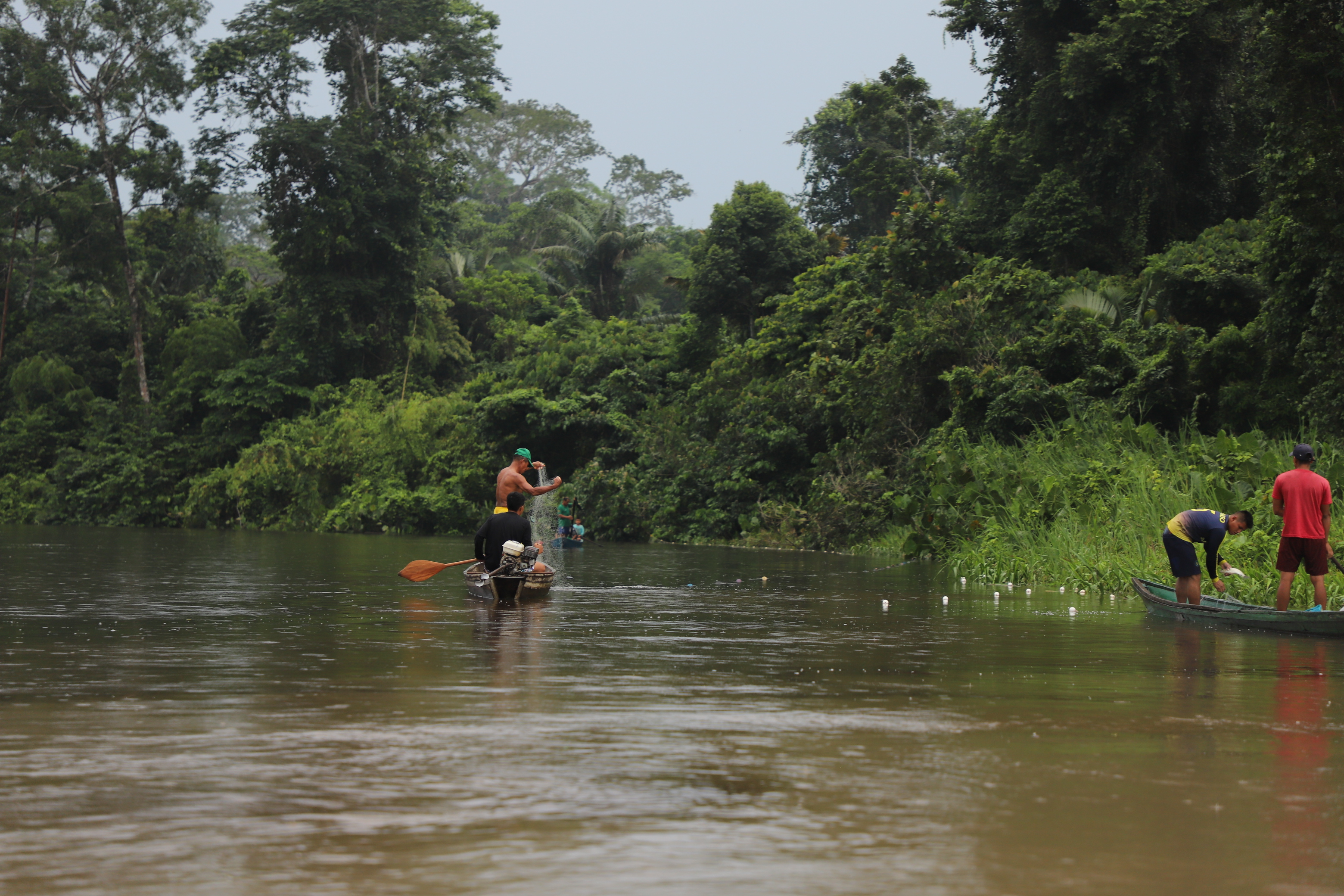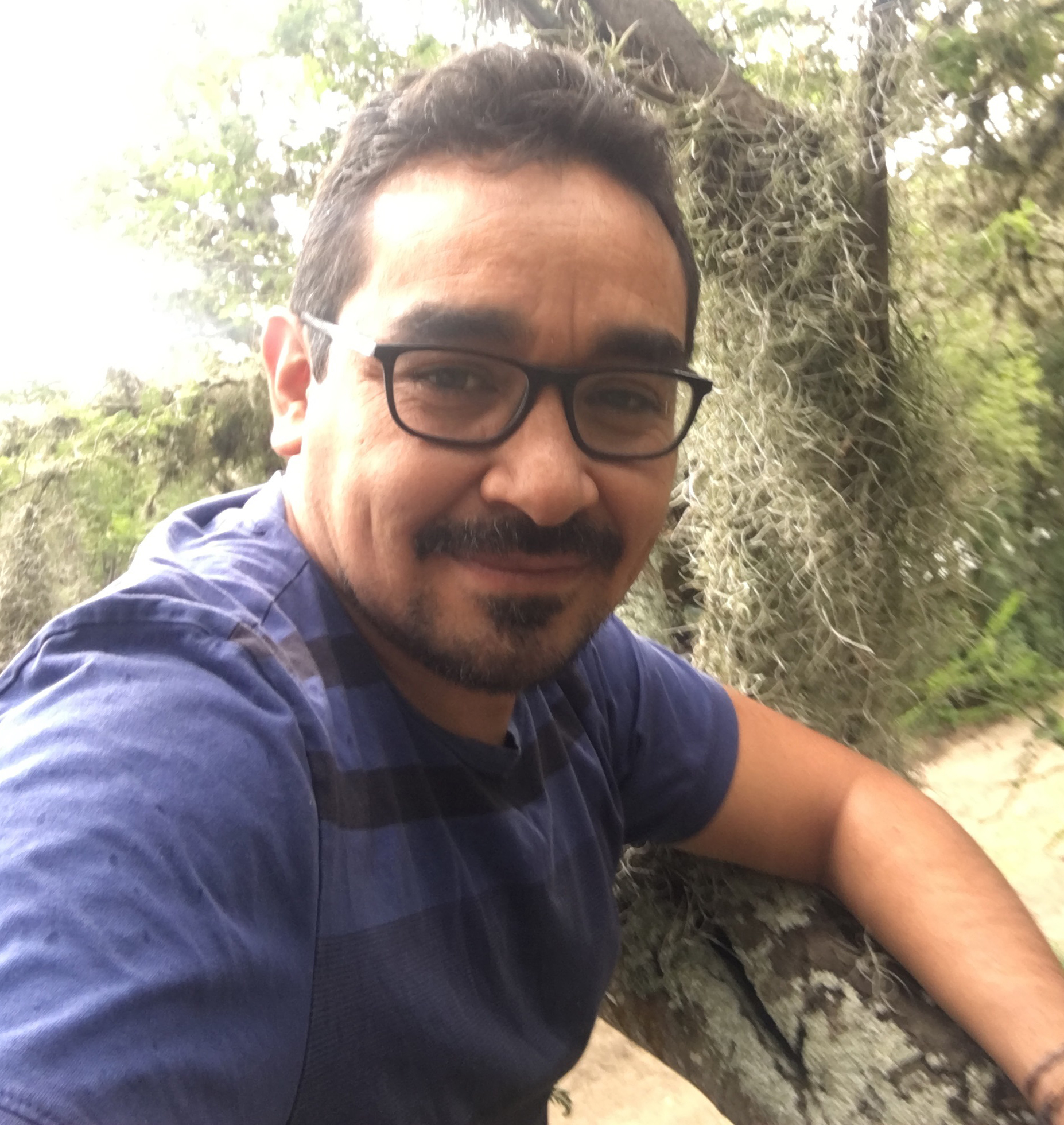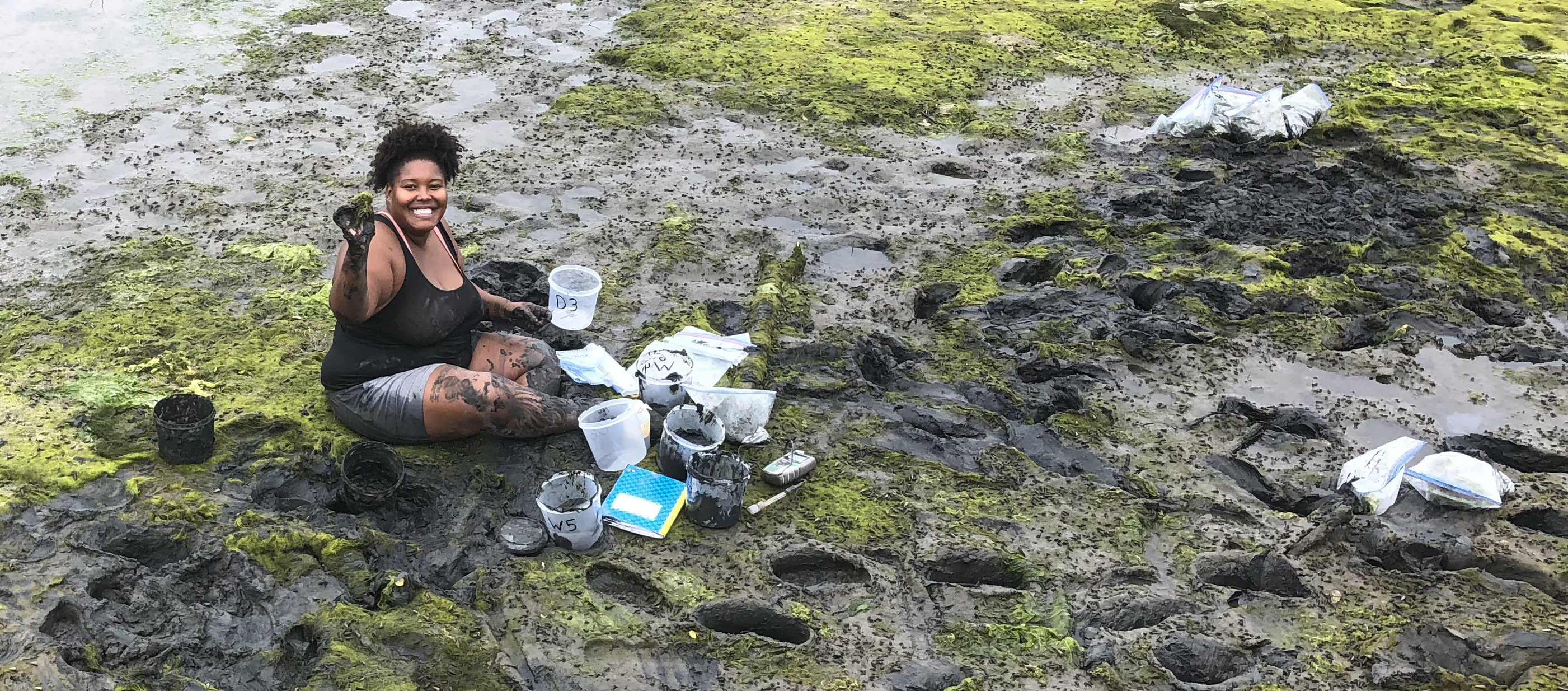Indigenous communities have lived among the Amazon’s dense, humid forests and wild, winding rivers for countless generations, caring for natural systems that are essential to the entire planet.
The Amazon region cuts across nine countries, including Ecuador, where the Kichwa and Waorani people live around the Curaray River, a tributary of the Napo River. The Napo ultimately connects with the Amazon River in Peru. At least 40% of the Napo Basin is under the stewardship of Indigenous peoples, including the Kichwa and Waorani. While they have distinct cultures, they share a connection to the river—and the compounding challenges it faces from climate change, fragmentation by dams and roads, and the impacts of logging and oil operations.
The stakes could not be higher for people and nature. But a new community-led fluvial, or river, reserve in Ecuador would help by connecting existing protected lands that cover two-thirds of the Curaray River Basin in the country. The fluvial reserve footprint encompasses the current and ancestral territory of Kichwa and Waorani communities, including tropical rainforest and free-flowing tributaries of the river.


Local communities will guide the effort. Importantly, the project will also incorporate Indigenous knowledge. “This is a community-led project focused exclusively on the health of rivers and biodiversity,” says Marco Robles, an Indigenous communities specialist with TNC in Ecuador. “We believe that what we learn on the Curaray River can be applied more broadly in the Napo Basin and beyond, but to achieve that success we must also support the recovery and preservation of ancestral knowledge.”
For example, the local TNC team is working with leaders such as Gilberto Nenquimo, president of the Waorani Nationality of Ecuador, to understand traditional fishing practices to determine if aspects can be scaled to support sustainable fisheries. “The old people knew the river and the exact moment when the fish were going to pass through,” says Gilberto. “New generations are losing this knowledge, and new fishing practices with chemicals and dynamite are a risk for biodiversity and food security.”
The Universidad San Francisco de Quito, located in Ecuador, has prepared a report to inform the process. The Nature Conservancy has evaluated the enabling conditions needed to formally establish the reserve and will provide legal and technical support throughout. Work will continue over the next two years and include the development of a natural resources management plan.
Gilberto says the river reserve is important because “it will allow us to monitor the rivers and require people to get the prior consent of the communities that live in the basin before any activities are carried out. The rivers are sacred. They cannot be damaged, they cannot be destroyed, because our lives depend on them."





